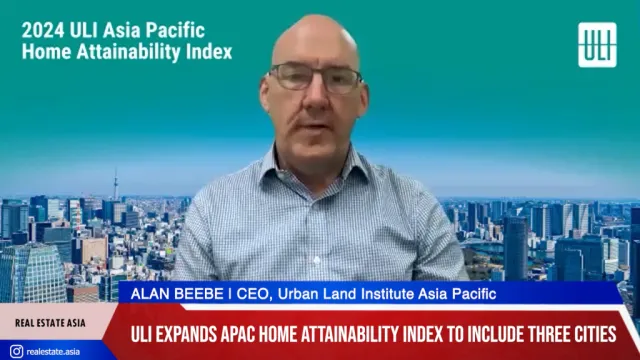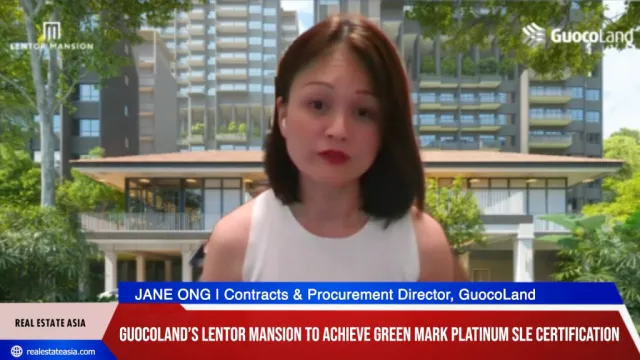
APAC office investment transactions show 'encouraging signs' amidst the pandemic
The USD11.7b worth of transaction volumes in Q2 reflect fundamental strengths in some APAC markets.
According to data from Real Capital Analytics (RCA), despite aggregate investment transactions in the APAC office sector decreasing by 48% YOY over H1 2020 to USD21.6 billion, the pickup in transaction volumes (USD11.7 billion of deals) in Q2 is encouraging, reflecting fundamental strengths in Shanghai, Beijing and Singapore and marking a return to big ticket activity. In the other markets, investors have elected to delay deal activity until greater certainty around COVID-19 had been established.
While deal evidence is limited, Colliers notes price discounts for prime grade office assets in APAC so far in 2020 have been modest. Prices have been notably resilient in Australia and Japan, while there have been further signs of strength in Singapore, suggesting a slowdown in capital markets sales activity may be more plausible than a sharp drop in pricing.
We are expecting to see transactions of office towers gradually resuming in the coming quarters, and price levels should remain relatively stable for prime assets.
It must be noted, though, that there are limited distressed offerings in APAC so far, as a result of loose monetary conditions across the region, especially in the developed markets. Colliers anticipates a low interest-rate environment until at least the end of 2021.
The investment market is unlikely to reach new benchmarks until the occupier market has stabilised. Liquidity remains strong, with investors possessing a considerable volume of dry powder.
Investment sentiment is improving along with the resumption of business activity. For the time being, it seems that there will be a bifurcated approach in investor strategy involving either core, low risk, assets, or opportunistic purchases of discounted distressed properties.
Over H2 2020, transaction volumes in China should continue to recover in line with the national economy in a market where market conditions have improved. Another market with a bright outlook for deals is Singapore.
Here's more from Colliers:
We expect the concept of core markets and core assets to be emphasised again in the office sector. Investors should consider the extent to which businesses view the effects of the current climate on the nature and location of work - as a short-term hiatus or as a driver of lasting occupational changes. Will firms be taking short or longterm leases in suburban properties, and to what extent will this present an attractive income stream?
Offices in the CBD with an excellent location, accessibility and connectivity will continue to enjoy stable occupancy, making them a defensive core asset. Over the next five years, we expect Singapore to achieve five-year average annual rent growth of 3.3%, with Bangalore, Melbourne CBD and Auckland not far behind.
Office assets in decentralised areas and business parks may prove more attractive, as these districts are likely to benefit from demand for partial relocation to cheaper areas and satellite offices. This is already evident in Shanghai and other Chinese cities, where business park assets have become increasingly popular.
Looking ahead, we expect investors to assign a premium to buildings with very high standards of hygiene and sanitation and wellness certifications. Governments may impose such standards, and staff will increasingly demand them. This implies that demand will remain firmest for prime grade office space, as while secondary office space is cheaper, it is also considerably less conducive to high safety and productivity.
We expect occupiers looking for cost savings to consider either leasing space outside the CBD or making use of flexible workspace. The flexible workspace market is likely to play a big role in the Sydney CBD, as tenants rely on this sector for expansion and overflow capacity.
Owners and investors should also consider the desire for flexibility in lease commitments. As occupiers gravitate to shorter-term lease commitments, a shorter income stream, with implications for valuations and hold periods, is created. Over the coming quarters, we expect tenants to have a greater chance of negotiating shorter leases than before the downturn.
Investors will need take into consideration market practice in each location, such as the willingness of landlords to accommodate occupiers’ desire for shorter leases and their ability to do so.



















 Advertise
Advertise






